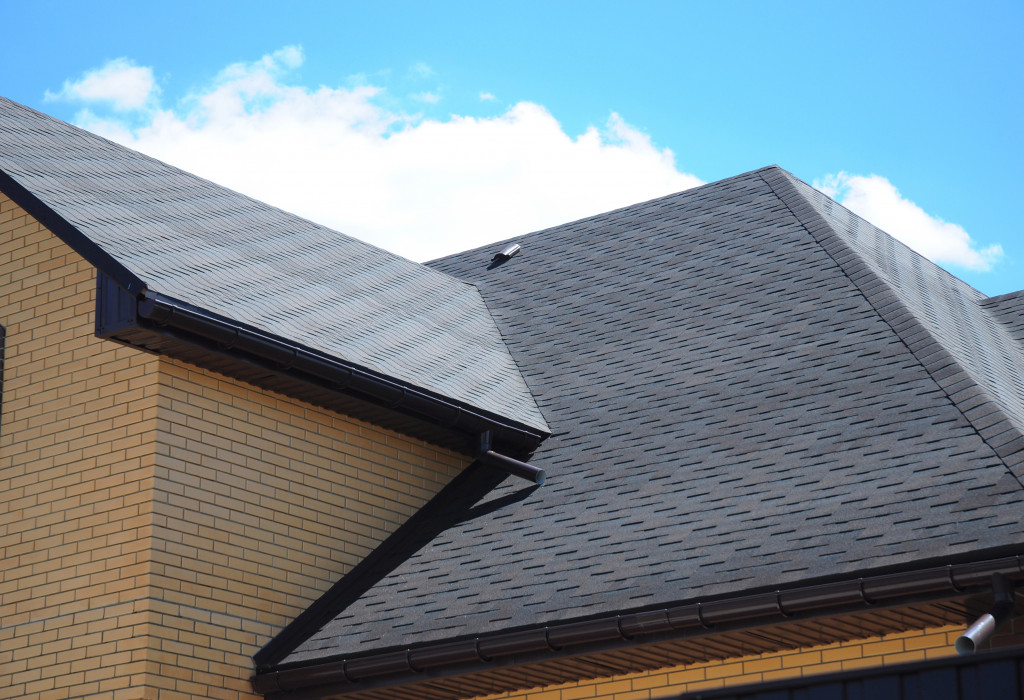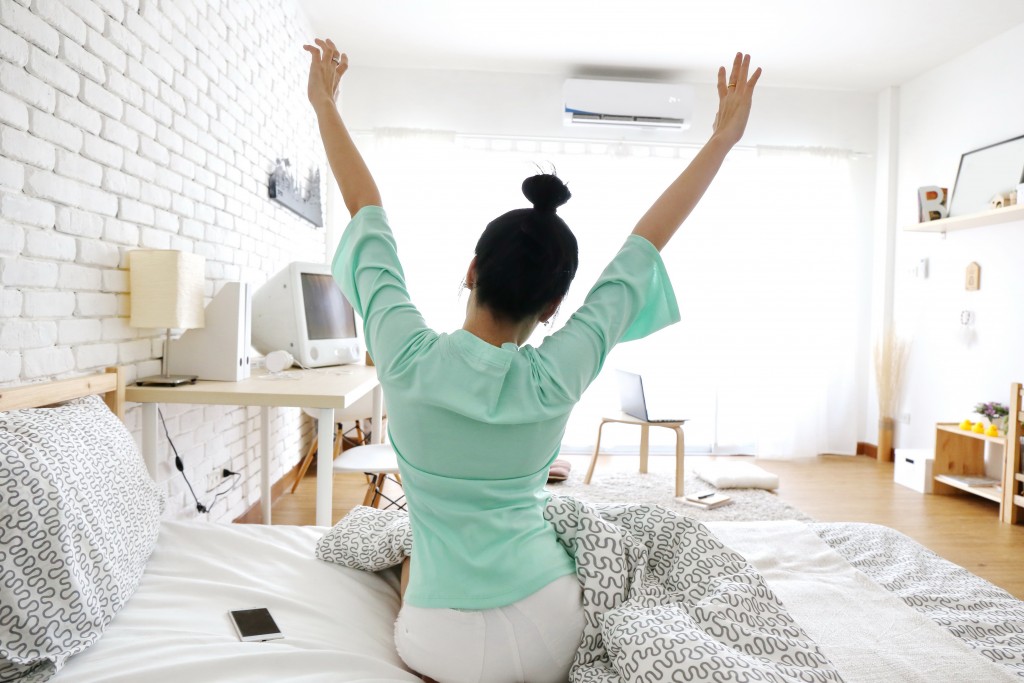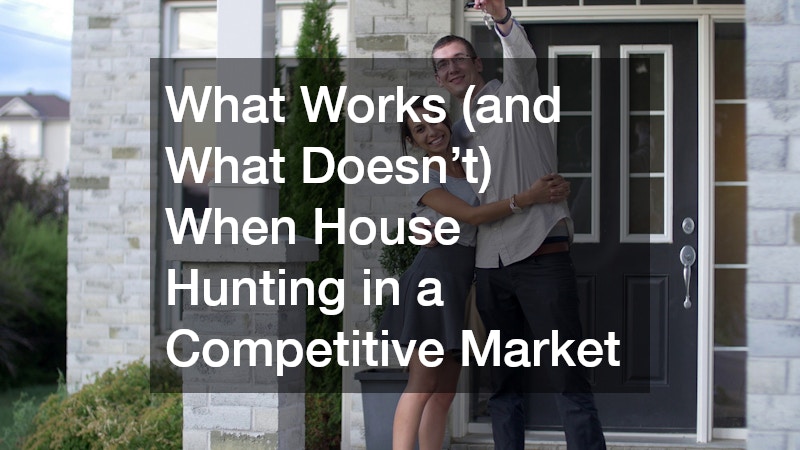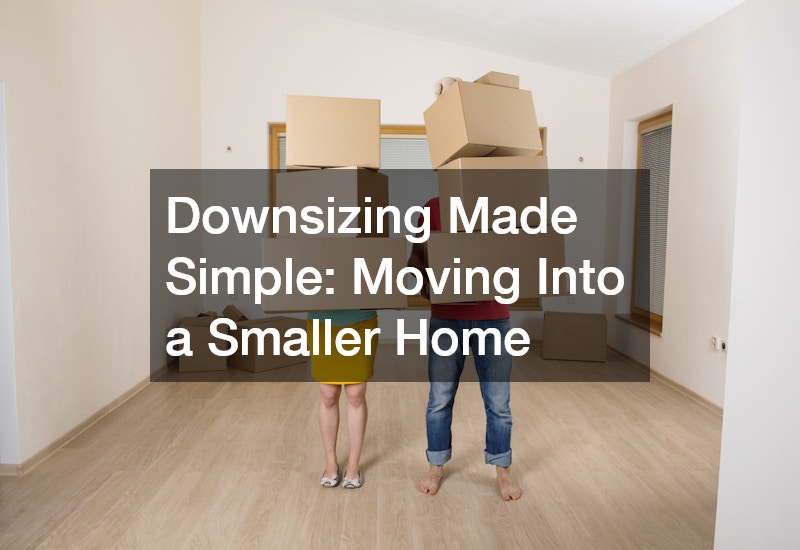During the first few months of the pandemic, buyers flock the real estate market. This is after mortgage rates fell to multiple record low. Buyers used this opportunity to buy houses for sale. Homeowners took advantage of buyers in selling their second homes. But as the pandemic drags on, more buyers and sellers are growing increasingly pessimistic due to numerous reasons.
Spike in Covid-19 Cases
We hope that the crisis will slowly cease to exist as the New Year approaches. But then, news about other COVID-19 variants spreading in different places around the globe ignited further in everyone’s hearts. As new strains of the virus were discovered and cases continue to increase each day, more homeowners now believe it is not a good time to pursue the sale.
They don’t like the idea of listing their properties online especially if they live with someone more vulnerable to the virus. They also don’t like the idea of letting random strangers going in and out of their homes. Even buyers are thinking twice about investing in real estate. Some buyers are also not keen on virtual home tours and online contract signing.
As more people get infected with the coronavirus, many fear that the home-buying process can put their families at greater risk of getting the virus. They are afraid that one of them may get sick while accommodating home viewing, negotiating with vendors and sellers, and moving houses.
Those living in large and crowded cities want to buy houses out-of-city. There are concerned about their family’s health as cases increase in densely populated areas. They want to buy a house with more space indoors and a larger yard where they can enjoy more outdoor activities.
But then, homeowners who initially planned in moving to the city stopped their plans of selling their houses. They feel that they are much safer in their current location. As more sellers back out mid-pandemic, many are left desperate in finding a good home location to invest in.
Increased Job Losses
The pandemic caused millions of people to lose their jobs amidst the pandemic. In Asia and the Pacific alone, the numbers already reached 81 million. Many more people around the globe are concerned about their income.
Before the pandemic, many low-income families are having a hard time saving for a down payment and getting a mortgage. Now, many of them lost their jobs and are now living on what little savings they got. This made people rethink their priorities and a home purchase is no longer on top of their list.
Gen Y has been struggling to pay rent after many of them lost their jobs. As of to date, many had to move back into their Boomer parent’s home. They do this to try to cut their expenses and try to turn their finances around.
As Boomers welcome their boomerang kids, they are also carrying a new financial weight. Now, their kids are once again dependent on them when it comes to most expenses including shelter and food. Instead of selling their home and downsizing, they have no choice but to stay in their bigger homes.

Increasing Home Prices
One remarkable trend in the housing industry is the increasing prices of properties sold in the market. This happened even before the coronavirus outbreak.
Mortgage rates may have been lower during the crisis. But since there is an increased demand for properties for sale and fewer homeowners willing to sell their home, this caused a natural increase in home prices. If most home buyers before can’t afford mansion-like houses, they can no longer afford the limited number of smaller houses on the market listed at a higher price.
Many experts predict that home sales will increase up to seven percent in 2021. The recovering economy also meant mortgage rates will soon increase. All of these can lead to lower home sales this year.
New Leadership Can Influence the Housing Market
The inauguration of the new U.S. president can also influence the housing market. President-elect Joe Biden’s decisions can seal the fate of the real estate industry. But even if he may advocate for more affordable housing in the U.S., this might not be enough to change the home buyer’s mind.
For one, different factors can influence one’s decision to pursue or forgo a home purchase. If he fails to bring the public’s confidence back to the housing market, then only a few will remain to sell or buy houses.
The record low inventory, rising home prices, spike in the number of cases and increased job losses cause many people to forgo their plans. Even the new administration is slowly impacting the housing market. All these and more have affected how buyers and sellers make decisions during the Covid-19 pandemic.







